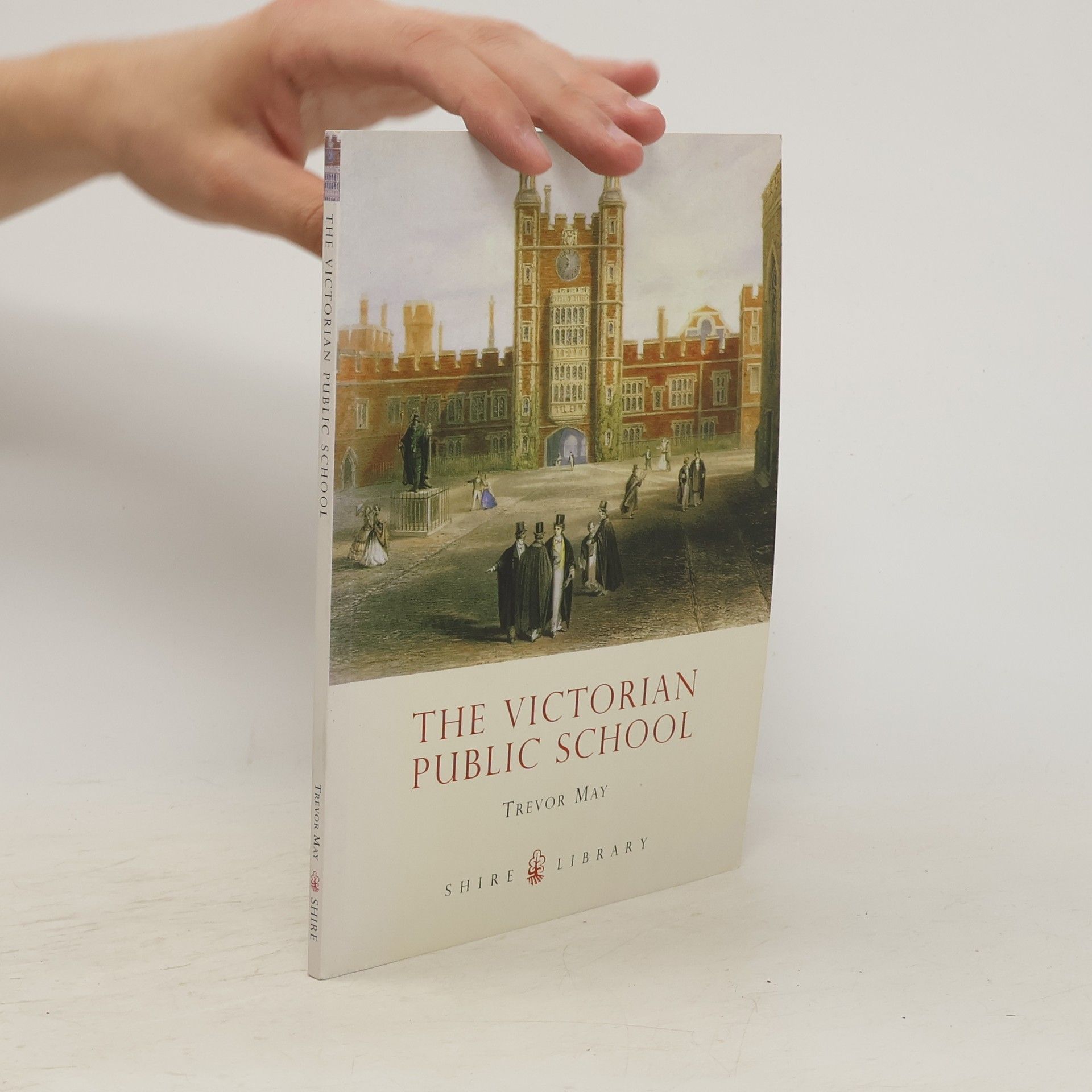The Victorian Public School
- 64pages
- 3 heures de lecture
In the Victorian era it was said that a gentleman was one who had been to a public school or who successfully concealed the fact that he had not. Public schools were in the business of producing leaders - in national government, in the Empire, and in the armed forces. Their impact on society was immense, and they provided the vehicle by which the sons of the middle classes could be assimilated into the gentry. Part of the price, however, was a general casting out of the local boys for whom so many of the schools had been established in the sixteenth and seventeenth centuries. This title includes information on school rebellions, the role of the chapel and the prefect system (still found in many private schools of the US today), the impact of the railways, the education of middle class girls and the legacy of the Victorian public school on schools in both Great Britain and North America today.
